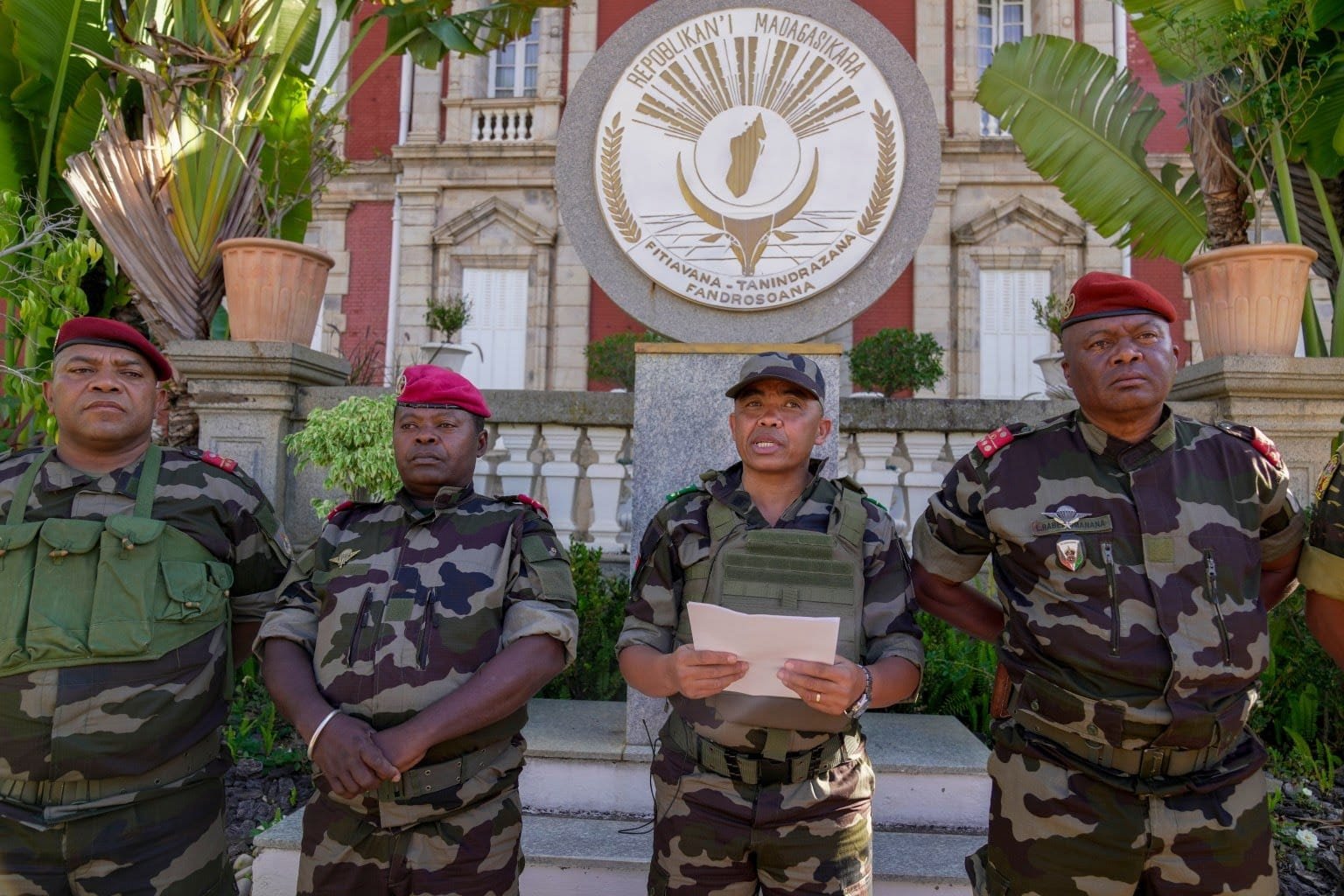ANTANANARIVO — In a dramatic escalation of Madagascar’s political crisis, the military announced it had seized power and suspended key institutions, following the impeachment and disappearance of President Andry Rajoelina. Colonel Michael Randrianirina, speaking on national radio, declared that the armed forces were “taking power” and that a military-led transitional authority would govern for up to two years.
Randrianirina said the move was precipitated by “non-compliance with the constitution” and violations of human rights, justifying the suspension of the Senate, Constitutional Court, High Court of Justice, Electoral Commission and other bodies. He insisted the lower house of parliament—the National Assembly—would remain, ostensibly to preserve some institutional continuity.
The takeover came just hours after the National Assembly voted overwhelmingly to impeach Rajoelina, whom lawmakers accused of deserting his duties. The president had earlier attempted to dissolve the Assembly via decree, but that move was dismissed by legislators as legally invalid.
Rajoelina, who remains out of public view, issued statements condemning the military’s actions as an “illegal attempt” to seize power, asserting that he is still the legitimate head of state and urging institutions to hold firm. Meanwhile, crowds in the capital Antananarivo and elsewhere reacted with celebration, cheering soldiers and chanting for change—though some voices held out caution, demanding a swift return to civilian rule.
Randrianirina announced that within days a transitional council composed of military, police and gendarmerie officers will name a prime minister and convene a constitutional referendum before general elections. He pledged to “meet the aspirations of the Malagasy people” by rebuilding governance, ensuring accountability, and restoring public trust.
The military coup follows weeks of Gen-Z-led protests sparked by chronic electricity and water shortages, rising living costs, and alleged corruption. The demonstrations gained momentum after the elite CAPSAT military unit—the same formation that helped install Rajoelina in 2009—defected and aligned with protesters.
Analysts warn that Madagascar’s future now hinges on whether the military respects its pledge to hold elections and reinstates civilian governance—or whether it will entrench rule under the guise of “transition.” The sudden power shift raises deep constitutional, legal, and humanitarian questions, especially in a country long plagued by political instability and poverty.





